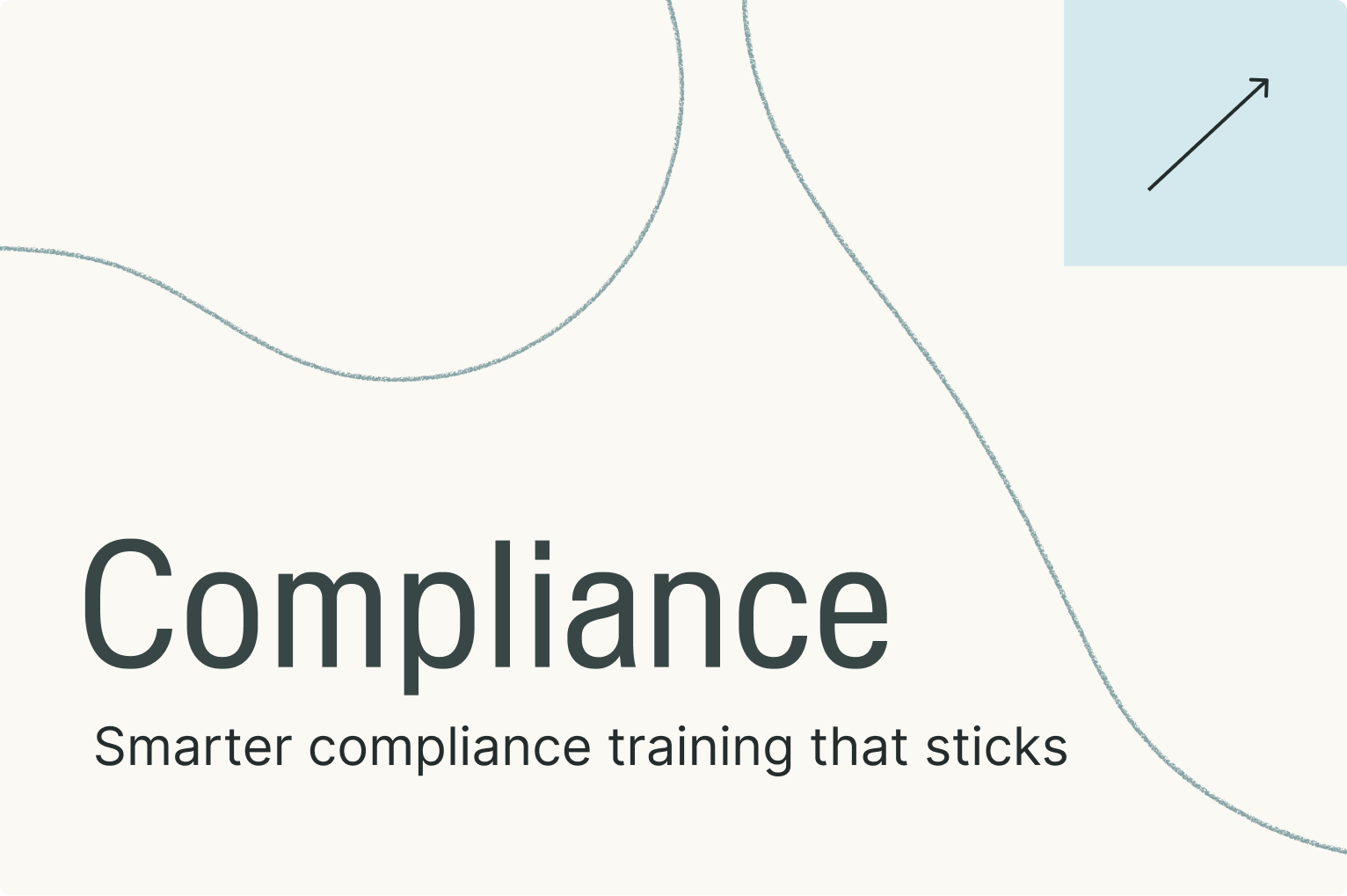Your 4-minute guide to localized compliance training

Most global compliance programs can sometimes feel like they were built for an individual—not a group of employees coming together around the world with all different backgrounds and experiences. And what works in one region might be irrelevant, or even problematic, in another.
Localized compliance training is how you build trust, stay compliant, and actually engage your workforce all in one. It’s simpler than it sounds. Here’s how to make it work.
1. Start with regional regulations
Regulatory requirements vary widely—and overlooking them can put your organization at risk. Training that misses local laws isn’t just ineffective, it can be costly. Whether you're accountable or a colleague is, no one wants to miss here.
What to do: Identify laws by region. Start with high-impact areas like GDPR in Europe or workplace safety in the United States.
Need support? Go1’s compliance content includes localized options in multiple languages. You'll find courses and simulations from top compliance training providers like EasyLlama, Emtrain, and LRN.
2. Translate beyond words
Literal translations often miss the mark, leaving context out of the equation. Cultural tone and context are essential to making training engaging and relatable, especially for sensitive topics like sexual harassment or privacy laws.
What to do: Use providers with local knowledge. If that’s not feasible, ask regional managers to review training materials. A culturally aware approach shows your commitment to employee understanding.
3. Use real-life scenarios
Generic examples don’t stick. Scenarios should feel specific, relatable, and rooted in the real work your people do. Relevant scenarios improve retention and make the compliance training feel meaningful.
What to do: Ask local teams what they encounter on the job. Build those examples into your training.
If you get stuck finding courses specific enough to your employees, leave it to us. Go1 makes it easier with customizable modules and playlists, making it simple to add in localized scenarios without starting from scratch.
Scenarios should feel specific, relatable, and rooted in the real work your people do.
4. Offer multiple training formats
Each employee learns in their own way, but you know that. So why do we limit training to one format? A one-size-fits-all approach won’t reach everyone.
What to do: Mix up formats. Use video, quizzes, and interactive elements where possible. If you have to offer one program, make each course a different format to engage more of your employees along the way.
Bonus tip: Consider cultural preferences. For example, our research shows that sandbox environments are almost twice as popular in Australia than anywhere else. And in the UK, 60% of employees want content that's longer than one hour.
Make compliance work everywhere
Localized compliance training builds trust, improves completion rates, and supports a global culture of accountability. With the right tools, support, and intentional effort, you can build a program that works across regions and resonates with your employees.
45+ languages, multiple formats

Related Articles

Best AI solutions for corporate training in 2026

The 6 biggest AI adoption challenges for businesses in 2026 (and how to overcome them)

AI ethics training in 2026: What L&D leaders need to know

How to improve AI literacy in your organization in 2026

Train smarter, spend less
Train smarter,spend less
Connect with a Go1 expert to explore the best training options for your organization—no pressure, just solutions that work.